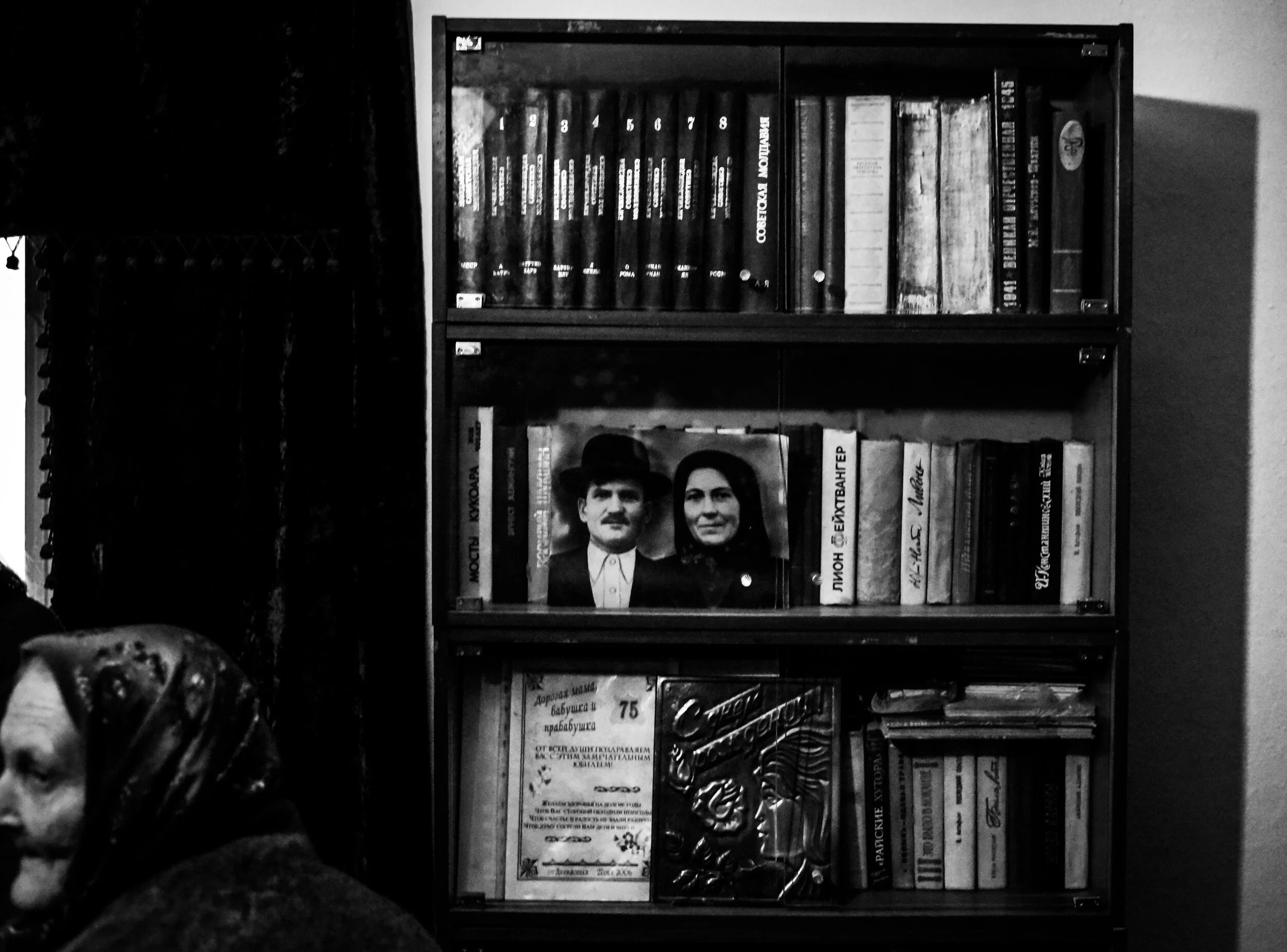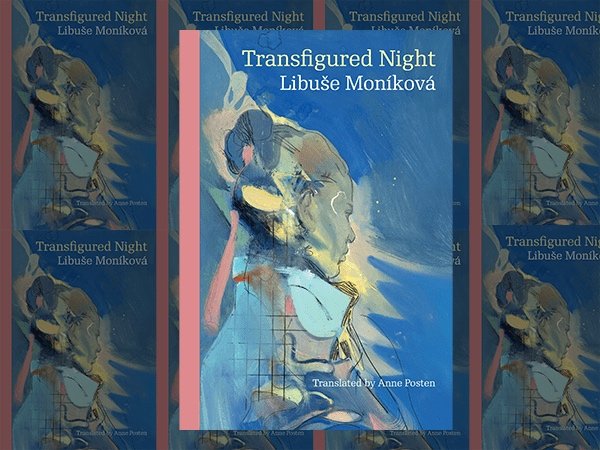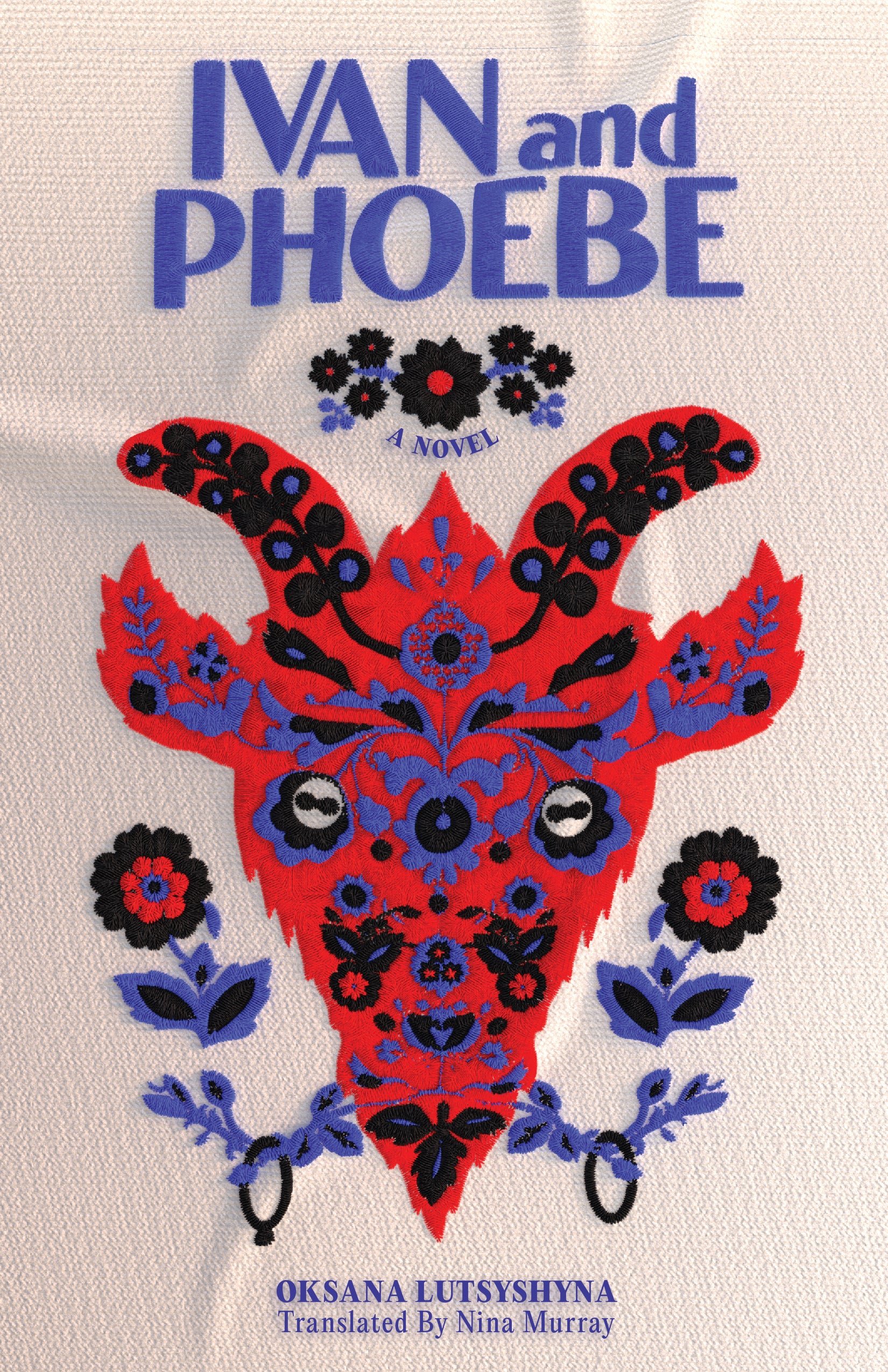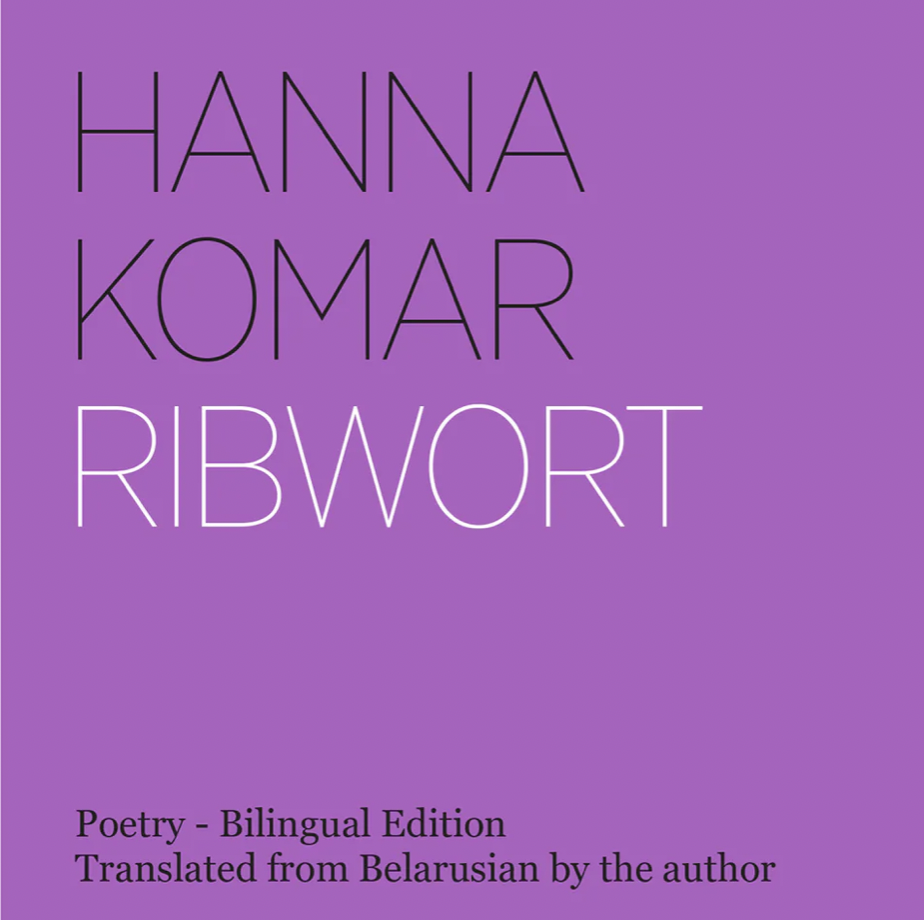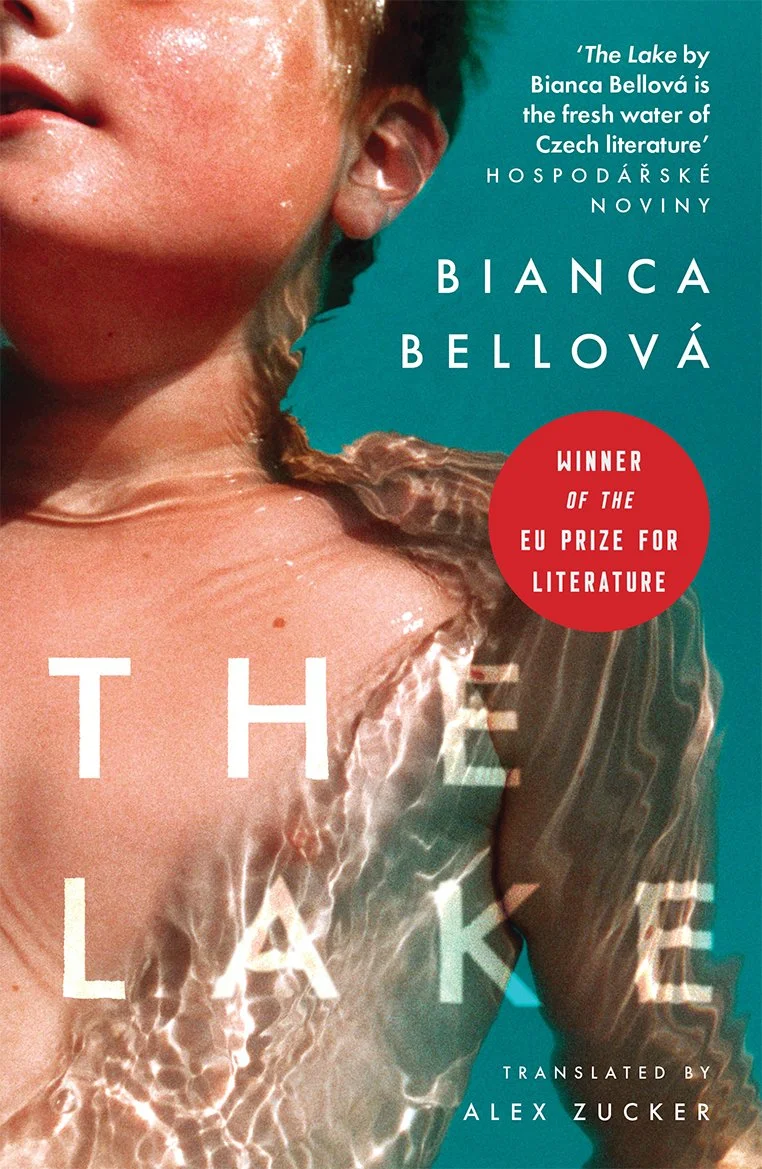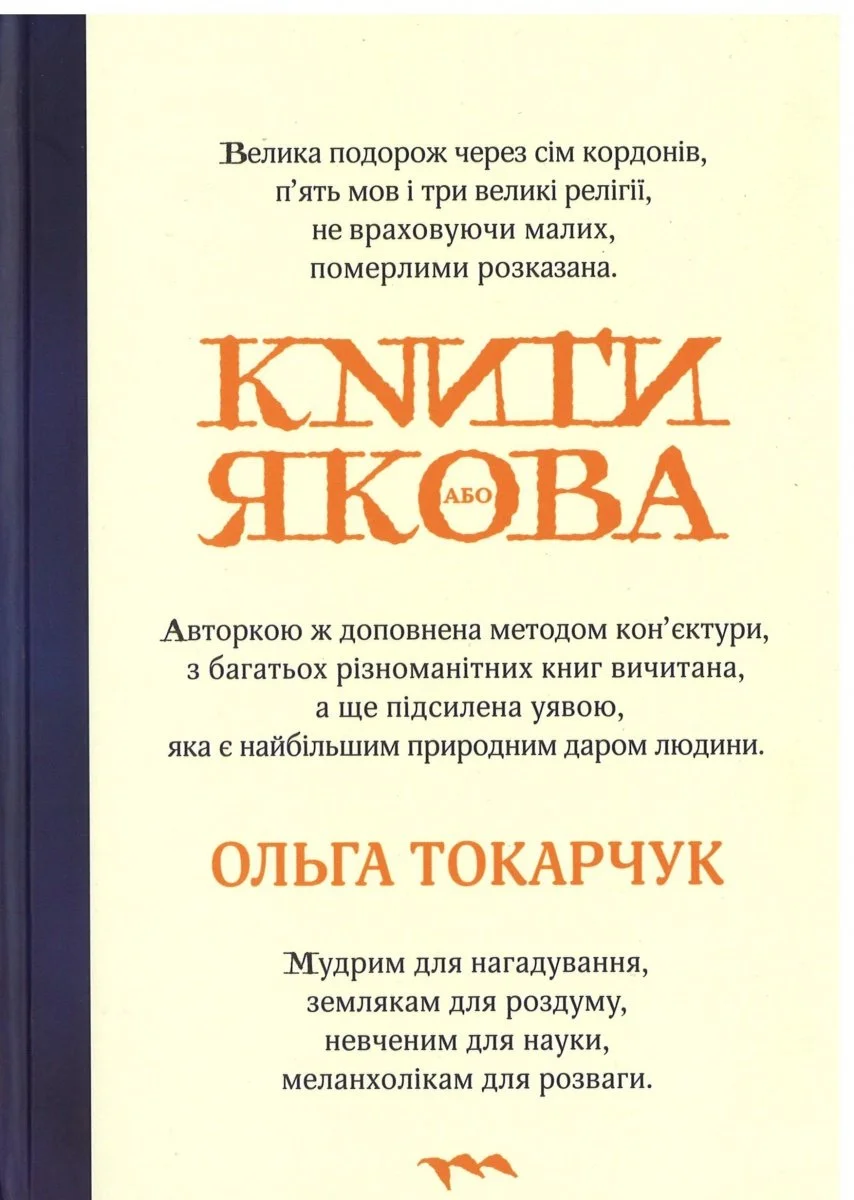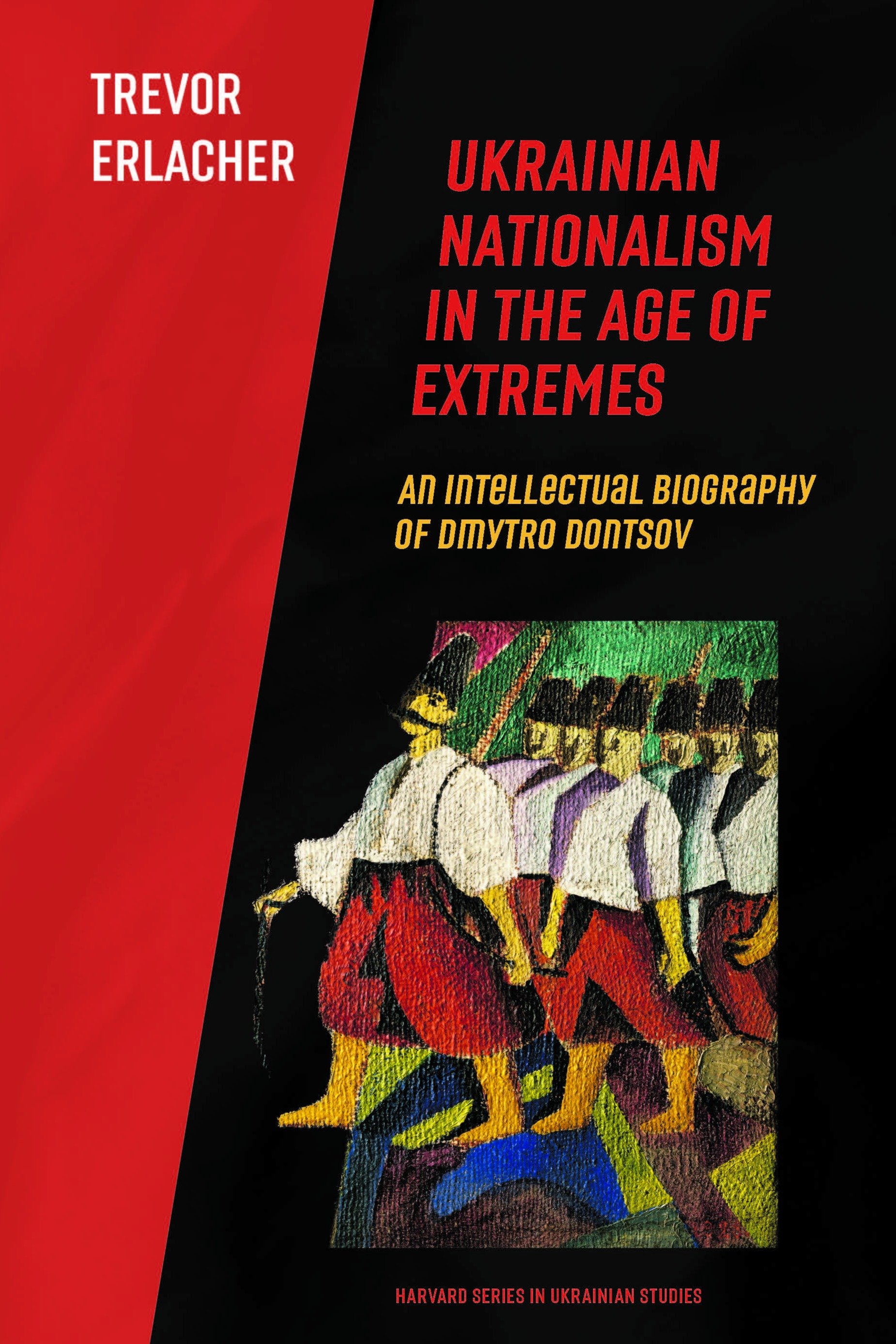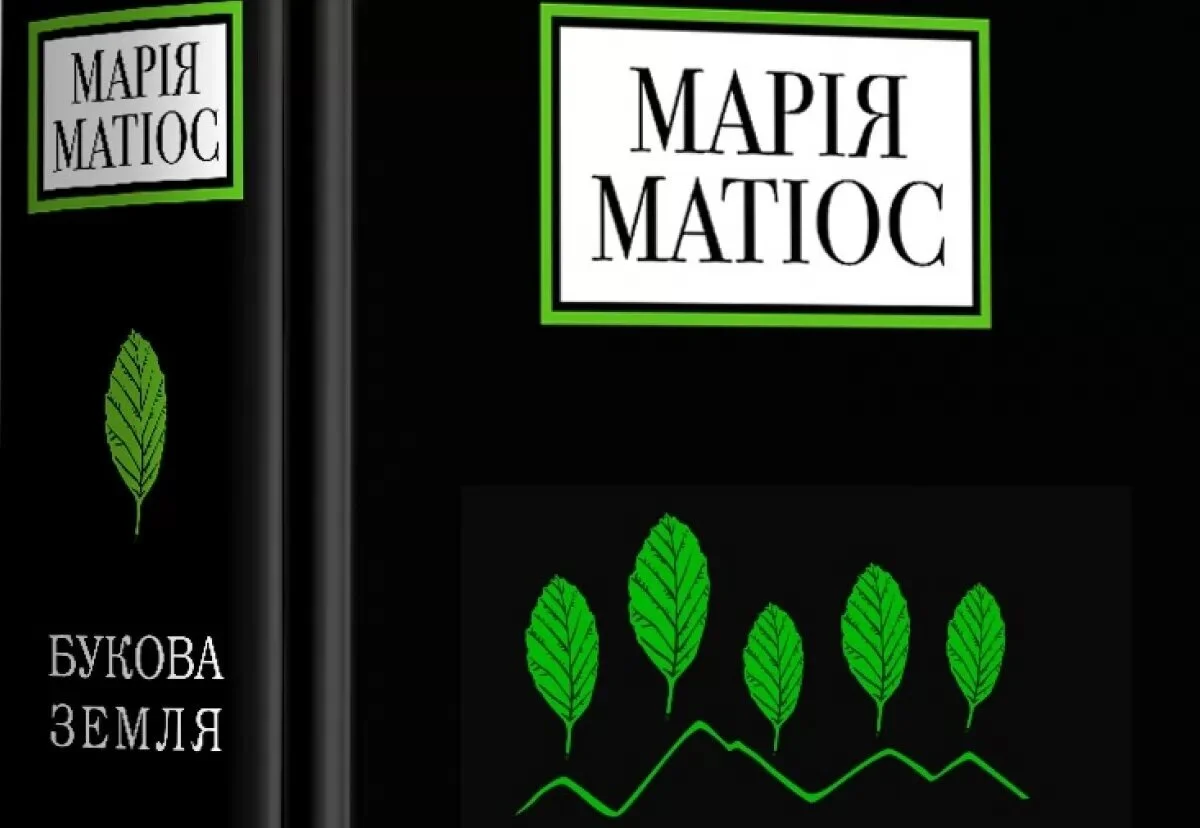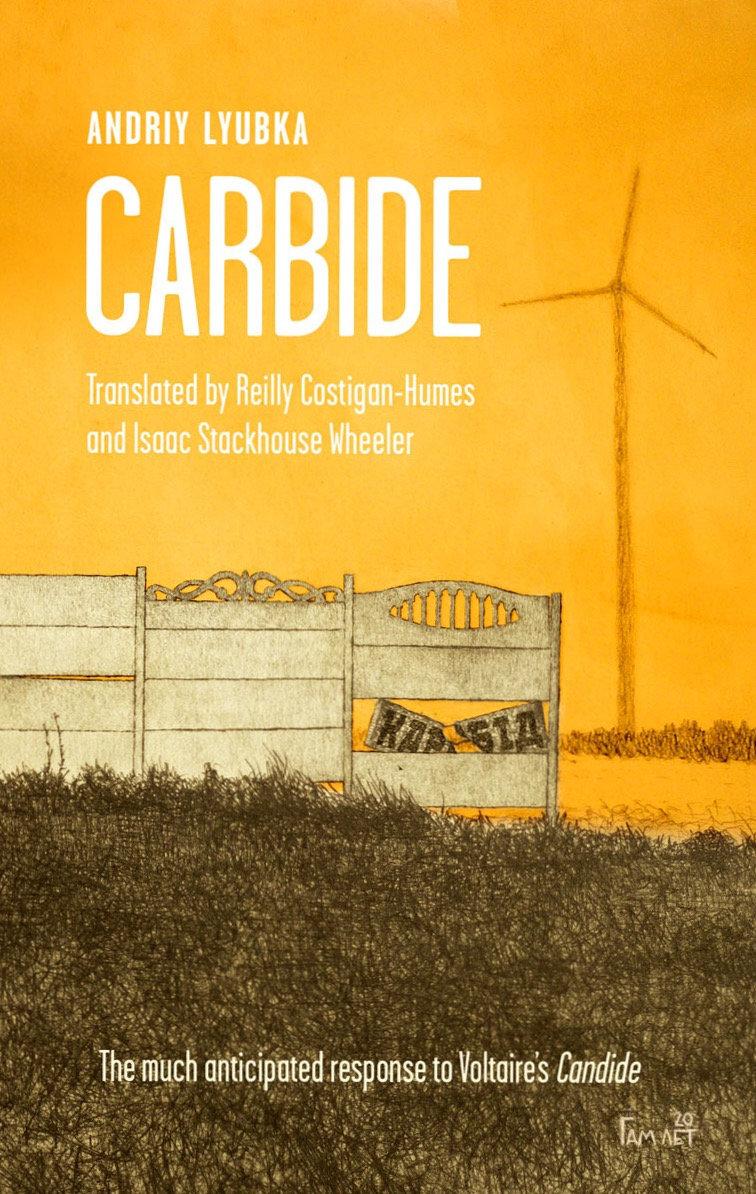Between Nostalgia and Uncertainty: A Review of Libuše Moníková’s Transfigured Night (2023, Karolinum Press)
Reviewed by Anna West
Libuše Moníková’s Transfigured Night (2023, Karolinum Press) was published in German in 1996 under the title Verklärte Nacht and was only recently translated from German into English by Anne Posten. It is the last completed novel by a writer of Czech origin who nevertheless identified herself as a German author.
Read More
When the Revolution’s Over: A Review of Ivan and Phoebe (2023, Deep Vellum)
by Elsa Court
As Ivan develops into a state of numbness, Lutsyshyna shows what can happen to the heroes of a revolution when the revolution itself is declared over. He reminisces about his past and experiences no hope for the future, only nostalgia. He becomes emotional at remembering his childhood friends, some of whom have left Uzhhorod and another of whom has died of alcoholism.
Read More
Courage and tenderness: A review of Ribwort by Hanna Komar (2023, 3TimesRebel Press)
Reviewed by John Farndon
The opening words of Hanna Komar’s poetry collection, “wrap around me like ribwort,” grab the reader with courage and tenderness, grief and love, and never let go. Ribwort, a plant revered in Belarus for its potent healing properties in herbal medicine, is a compelling metaphor for the nature of these poems. While rooted in raw honesty and precision, these verses don't shy away from revealing the wounds plaguing the poet and her nation.
Read More
Beyond Švejk: Jaroslav Hašek’s serious comedic tales
by Anthony Hennen
Jaroslav Hašek’s enduring success as a writer, thanks to his novel The Good Soldier Švejk, left him in an unwarranted one-hit wonder conundrum. A raucous satire about a soldier strongarmed into the Austro-Hungarian army during World War I, the book has been translated into dozens of languages. It remains in the zeitgeist of European literature.
Read More
Convoluted Truths about Persistent Evils: A Review of Ján Johanides’s But Crime Does Punish (2022, Karolinum Press)
by Katarina Gephardt
Writing in the 1990s, when many intellectuals were hopeful about the future and ready to leave the past behind, Johanides stressed the continuity between the past and the present, underscoring the continuity of historical evils. However, aspects of the colonel’s and even Ostarok’s characters reflect the writer’s existential hope that individual human choices can alter the course of history.
Read More
Disparate and Distressed Dames: A Review of Ivana Dobrakovová’s Mothers and Truckers (2022, Jantar Publishing)
Reviewed by Anna West
It is the essence of a wandering mind that Dobrakovová captures so aptly. The stories read like confessionals and are told in long train-of-thought clauses separated by commas, with some sentences taking up half the page or more. The stylistic choice helps to pull the reader into the obsessive thoughts of our narrators.
Read More
A Review of Bianca Bellová’s The Lake (2022, Parthian Books)
Reviewed by Anna West
Bianca Bellová’s The Lake, translated into English by Alex Zucker, follows Nami as he navigates childhood and young adulthood in a fictitious land made brutal by environmental degradation and Russian occupiers. The Czech author, who grew up in communist Czechoslovakia during the so-called period of normalization in the 1970s, is known for her works that explore themes relating to the communist era.
Read More
A Review of Natalka Bilotserkivets’ Eccentric Days of Hope and Sorrow (2021, Lost Horse Press)
Reviewed by Sandra Joy Russell
Emerging as part of the visimdesiatnyky (“eightiers”) generation of Ukrainian poets, Bilotserkivets’ developed her poetic voice during the transitional moment of perestroika—the Soviet Union’s attempt at political and economic reform just prior to its collapse in 1991. Much of her writing reflects this increasingly open, and thereby volatile, political moment.
Read More
A Review of Petar Andonovski’s Fear of Barbarians (2022, Parthian Books)
Reviewed by Cory Oldweiler
Oksana is a foreigner; Penelope a local. Both are told the other is a potential threat, but the two women are in fact fighting the same oppressor: a patriarchy that sees women as little more than servants and every bit as inscrutable—and potentially dangerous—as “the barbarians.”
Read More
Reading The Books of Jacob As A Ukrainian
by Maria Genkin
Ukrainians living in the Polish Commonwealth were known at the time as Ruthenians. Suppose you know this and follow a description of Tokarczuk’s characters carefully. In that case, you discover that the Polish Commonwealth was populated not only by Jews and Poles, but by these mysterious others–Ruthenians, who are both commoners (peasants) and gentry.
Read More
Gonzo Meets the Nouvelle Vague: A Review of Ivan Boris’ My Week Without Gerard (2021, Morbid Books)
Reviewed by Kate Tsurkan
Langway is the perfect hero to lead us on this phantasmagoric journey of spiritual degradation: vulgar and resentful of those who embrace this contrived and insincere world. And why shouldn’t he be?
Read More
The Heavy Burden of Survivor’s Guilt: A Review of Alena Mornštajnová’s Hana (2020, Parthian Books)
Reviewed by Anna West
Mornštajnová shows how two tragedies, separated by a decade, can produce the same psychological effects in both individuals. Despite both Mira and Hana experiencing survivor’s guilt, they end up being the key to the other person’s healing.
Read More
To See The Old World Into The Grave: A Review of Martin Vopenka’s My Brother the Messiah (2021, Barbican Press)
Reviewed by Kate Tsurkan
The followers of Eli are met with fear and resentment even after his death—after all, Eli predicted a world in which children will no longer be born. His mission, as he informed his older brother Marek, was “to see the old world into the grave”.
Read More
The Conflicting Life of Dmytro Dontsov: A Review of Trevor Erlacher’s Ukrainian Nationalism in the Age of Extremes ( 2021, Harvard University Press)
Reviewed by Maria Genkin
Dontsov’s version of Marxism was always a bit heretical, but he came to view the Russian interpretation of it as imperialistic, and all Russians, in turn, as imperialists, regardless of their professed political values. His interpretation of Marxism, notes Erlacher, contained the seeds of its own destructive fascism.
Read More
The Sins of Living Ghosts: A Review of Aleksandar Tišma's Kapo (2021, NYRB)
Reviewed by David Auerbach
Like Aharon Appelfeld’s works, Tišma captures the half-living experience of a survivor and the guilt that accompanies it, but Tišma abandons the hints of dignity Appelfeld affords his characters—he abandons the very idea of dignity.
Read More
The Strange Sincerity of Desolation: A Review of Ion Cristofor’s Somewhere a Blind Child (2021, Naked Eye Publishing)
Reviewed by Isaac Stackhouse Wheeler
The poet belongs to Romania’s “80s generation” who experienced the darkest days of the Ceaușescu regime, when the people faced political repression and economic privations that were extreme even by the standards of the communist world.
Read More
Paradise Lost: On Maria Matios' Bukova Zemlya (2019, A-ba-ba-ha-la-ma-ha)
by Maria Genkin
Bukova Zemlya, a mammoth of a novel from Ukrainian author Maria Matios about the 225-year history of Bukovyna, recreates the cultural diversity of the borderland region famed for its peaceful co-existence, portraying how this unique environment disappeared when land-hungry empires started fighting over it.
Read More
Digging a tunnel under Voltaire's wall: A Review of Andriy Lyubka's Carbide (2020, Jantar)
Reviewed by Liliia Shutiak
Translated from the Ukrainian by Kate Tsurkan
In Andriy Lyubka’s debut novel Carbide, the mythical Transcarpathian town of Vedmediv becomes a microcosm of Ukraine in the thirty years since its independence. The novel, first introduced to Ukrainian readers in 2015, was first met with great acclaim by readers and critics alike.
Read More
Longing, Troth, and Anti-Semitism in Gregor Von Rezzori
by Anthony Hennen
Austria-Hungary is a relatively hidden empire in the American conscience. Unless one has ancestral ties to it, or found their way to its former lands during a summer trip to Europe, it disappears under the swinging blade that divides western and eastern Europe.
Read More
People of the Puszta
by David Auerbach
The puszta is the Hungarian term given to the Carpathian Basin, the vast steppe of southwestern Hungary: sprawling yet flat and empty.
Read More
